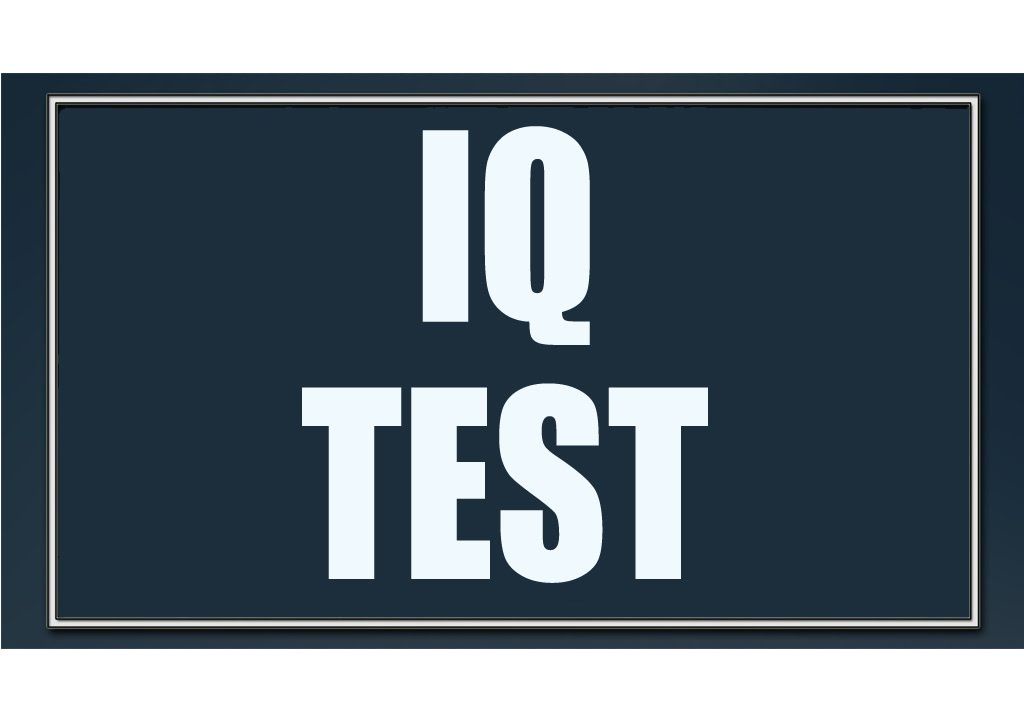Introduction:
IQ tests, or Intelligence Quotient tests, have been a topic of interest and debate for many years. These assessments are designed to measure a person's cognitive abilities in various domains, providing a numerical representation of their intelligence. While IQ tests have their critics, they remain widely used in educational, clinical, and employment settings.
- What is an IQ Test?
An IQ test is a standardized assessment that evaluates a person's intellectual abilities in areas such as reasoning, problem-solving, memory, and mathematical skills. The results are typically presented as an IQ score, with the average score set at 100. Higher scores indicate above-average intelligence, while lower scores suggest below-average intelligence.
- History of IQ Testing:
The concept of measuring intelligence dates back to the early 20th century. Alfred Binet, a French psychologist, developed the first intelligence test to identify children in need of educational support. Over the years, IQ tests have evolved and diversified, with various versions tailored for different age groups and purposes.
- Components of IQ Tests:
Modern IQ tests consist of multiple sections, each assessing different cognitive abilities. These may include verbal comprehension, working memory, perceptual reasoning, and processing speed. The combination of these components provides a comprehensive overview of an individual's intellectual strengths and weaknesses.
- Critiques and Controversies:
Despite their widespread use, IQ tests have faced criticism. Some argue that these assessments do not capture the full spectrum of human intelligence, neglecting creativity, emotional intelligence, and other valuable traits. Additionally, concerns have been raised about cultural biases inherent in some test questions, potentially disadvantaging certain demographic groups.
- Practical Applications:
IQ tests play a crucial role in various fields. In education, they help identify students who may need additional support or advanced placement. In clinical settings, IQ tests contribute to the diagnosis and treatment of cognitive disorders. Moreover, many employers use IQ tests as part of the hiring process to assess an individual's problem-solving and analytical skills.
- Online IQ Tests:
The rise of online platforms offering IQ tests has made these assessments more accessible to the general public. While some online tests claim to provide accurate IQ scores, it is essential to approach them with caution. Professionally administered tests by trained psychologists in controlled environments are generally more reliable.
Conclusion:
IQ tests remain a valuable tool for assessing cognitive abilities, despite ongoing debates surrounding their limitations. Understanding the history, components, and practical applications of these tests can provide individuals with insights into their intellectual strengths and areas for potential growth. As we continue to explore the complexities of intelligence, it's crucial to approach IQ tests as one of many tools contributing to a broader understanding of human capabilities.


No comments yet